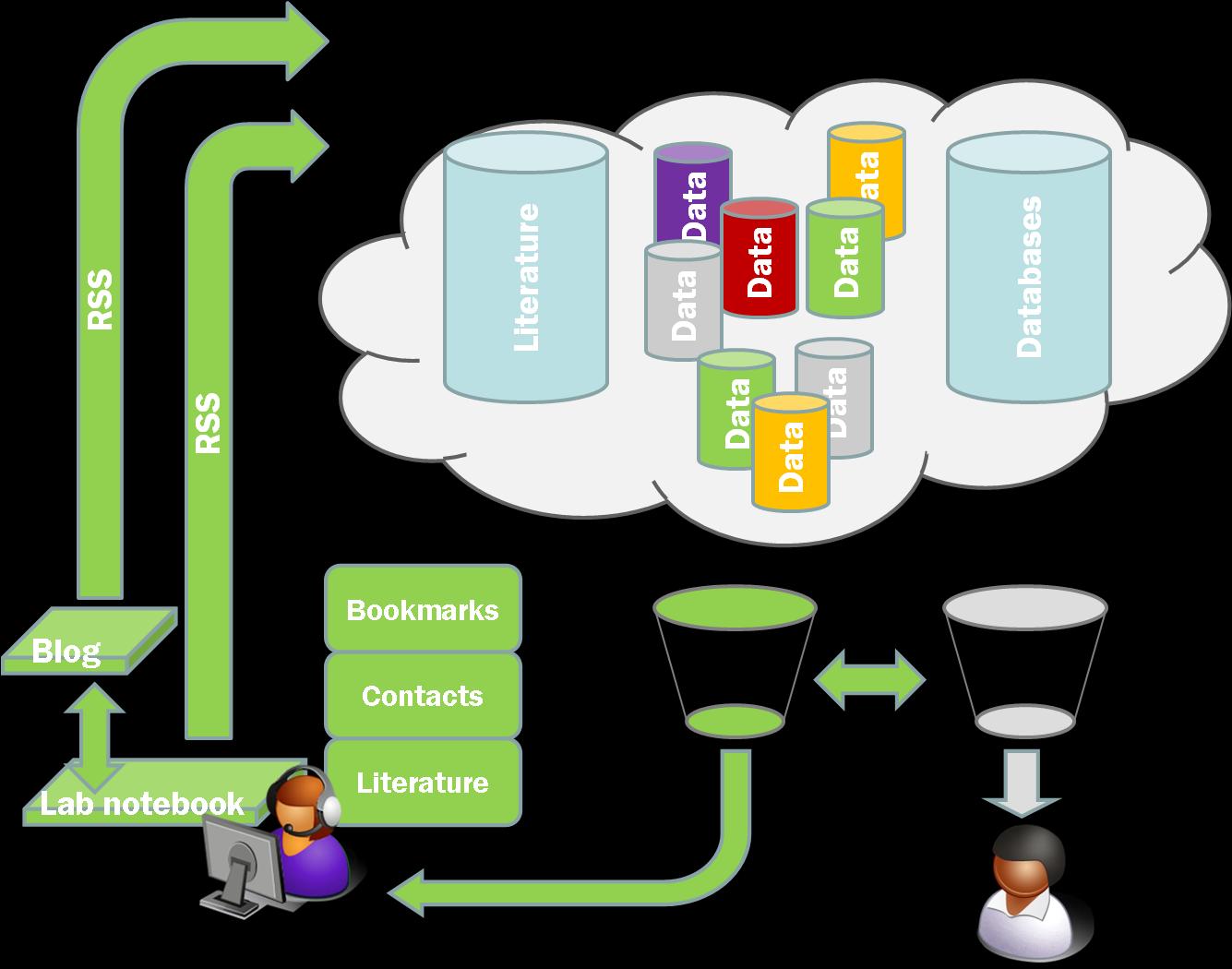
I’ve told you about one kind of category fight, accusing someone of a bait-and-switch and this week I came across an excellent example of another one. A blogger who goes by the alias of Doctor Nerdlove wants to protect the category of Socially Awkward Men from incursions by people who are just assholes. In this case, the Socially Awkward Men have established themselves as a disabled class and asked for accommodation.




